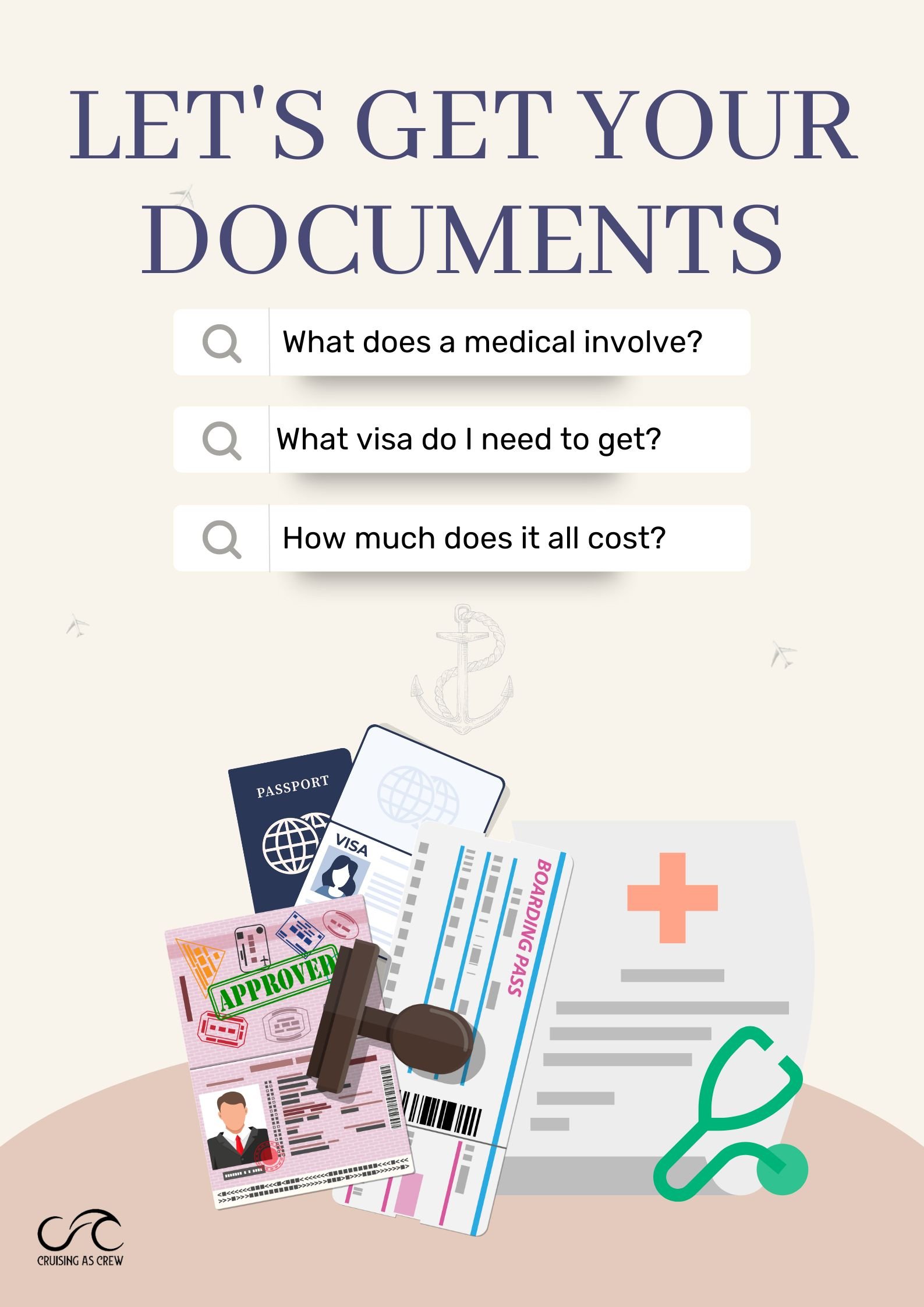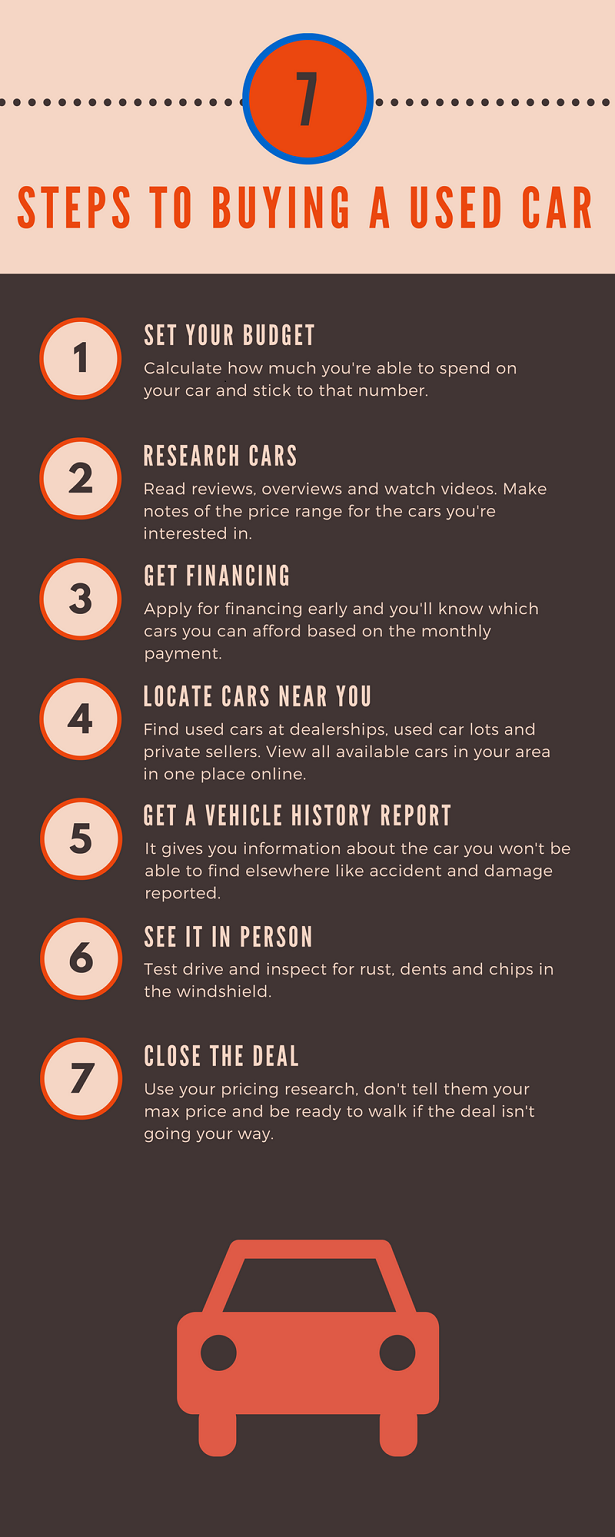Official Car Purchase Paperwork Guide: Everything You Need

What You Need for Car Purchase Paperwork

Embarking on the journey of buying a new or used car is exhilarating yet fraught with paperwork that can be overwhelming. This guide is designed to demystify the process by detailing all the documents and paperwork you’ll need when purchasing a vehicle. Whether you’re stepping into the showroom or closing a deal with a private seller, understanding the necessary documentation can save you time, reduce confusion, and ensure a smooth transaction.
Types of Documents Required for Car Purchase

When you’re ready to buy a car, you’ll need various documents to ensure everything is legal and in order:
- Proof of Identity: Bring your driver's license or any government-issued photo ID to prove your identity.
- Vehicle Title: This document proves ownership of the vehicle. If you're buying from a private seller, they should transfer the title to you.
- Bill of Sale: A written agreement detailing the terms of the sale, including price, vehicle details, and any conditions.
- Vehicle Registration: You'll need this to drive legally. If the car is used, the seller should provide the current registration or assist with the transfer.
- VIN Inspection: Some states require a vehicle identification number inspection to verify that the car hasn't been stolen or salvaged.
- Odometer Disclosure Statement: Important for used vehicles, this statement confirms the mileage is correct.
- Insurance Proof: Auto insurance is mandatory before driving off the lot or with your newly purchased car.
1. Preparing Your Documentation

To avoid delays or issues during the purchase, prepare the following:
- Ensure your driver's license is current.
- If financing, have a pre-approval letter from your bank or credit union ready.
- Know your insurance details; call your insurance provider to get temporary coverage.
- Check if you need a smog or safety inspection in your area.
- Prepare funds; bring a cashier's check, a check for any deposit, or your financing details.
⚠️ Note: Always verify specific requirements with your local DMV or dealership, as regulations can differ by state or region.
2. The Role of the Bill of Sale

A bill of sale acts as your primary proof of purchase. Here’s what it should include:
| Item | Description |
|---|---|
| Vehicle Information | Year, make, model, and Vehicle Identification Number (VIN). |
| Seller & Buyer Information | Full names, addresses, and driver's license numbers. |
| Sale Price | The agreed-upon purchase price and any additional fees or charges. |
| Date of Sale | The exact date the vehicle is sold. |
| Odometer Reading | The current mileage of the vehicle. |
| Signatures | Both buyer and seller must sign to make the sale official. |

📝 Note: Retain a copy of the bill of sale for your records. It serves as legal documentation in case of future disputes.
3. Title Transfer Process

Transferring the vehicle title is crucial:
- Get the Title: The seller or dealership must provide the vehicle's title.
- Notarization: In many states, the title needs to be notarized before the transfer.
- Complete the Form: Fill out the title transfer form, which might require specific information about the sale, the buyer, and the vehicle.
- Pay Transfer Fee: There's often a title transfer fee that must be paid during registration.
- File with DMV: Submit the title and transfer form at your local DMV, along with any required inspections or fees.
4. Insuring Your New Purchase

Here are the steps to ensure you’re legally covered:
- Contact your insurance company to get an insurance policy or temporary coverage for the vehicle before you drive it.
- Make sure your coverage starts on the date you take possession of the vehicle.
- Always keep proof of insurance in the car after purchasing.
🚗 Note: Driving without insurance can result in fines or legal consequences. Ensure coverage is in place before driving off.
5. After the Purchase

After signing the paperwork and getting the keys, here’s what follows:
- Register the vehicle in your name at the DMV with all required documents.
- Get new license plates if needed.
- Keep all your purchase documents safely stored.
To sum it up, purchasing a car involves a series of steps requiring precise documentation. From proving your identity and securing insurance to handling title transfers and registration, each document plays a critical role in legalizing your ownership. Ensuring you have all necessary paperwork ready and understanding what each document signifies can make the car buying experience much smoother. Remember, this guide provides a general overview, and always check with local laws to ensure compliance with specific requirements.
What should I bring when I go to buy a car?

+
When buying a car, bring your driver’s license, proof of insurance, funds for the purchase or financing approval, and any trade-in details if applicable.
How do I ensure the title transfer is legally done?

+
Get the title from the seller, sign and notarize it if necessary, fill out the transfer form, pay any fees, and submit it to your local DMV.
Is a bill of sale important for car purchases?

+
Absolutely, it serves as proof of the terms of the sale, including price, date, and details about the vehicle. It’s crucial for legal records and insurance.